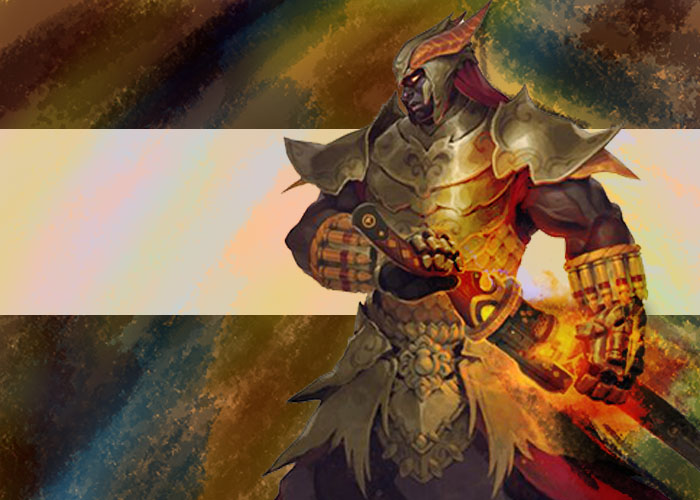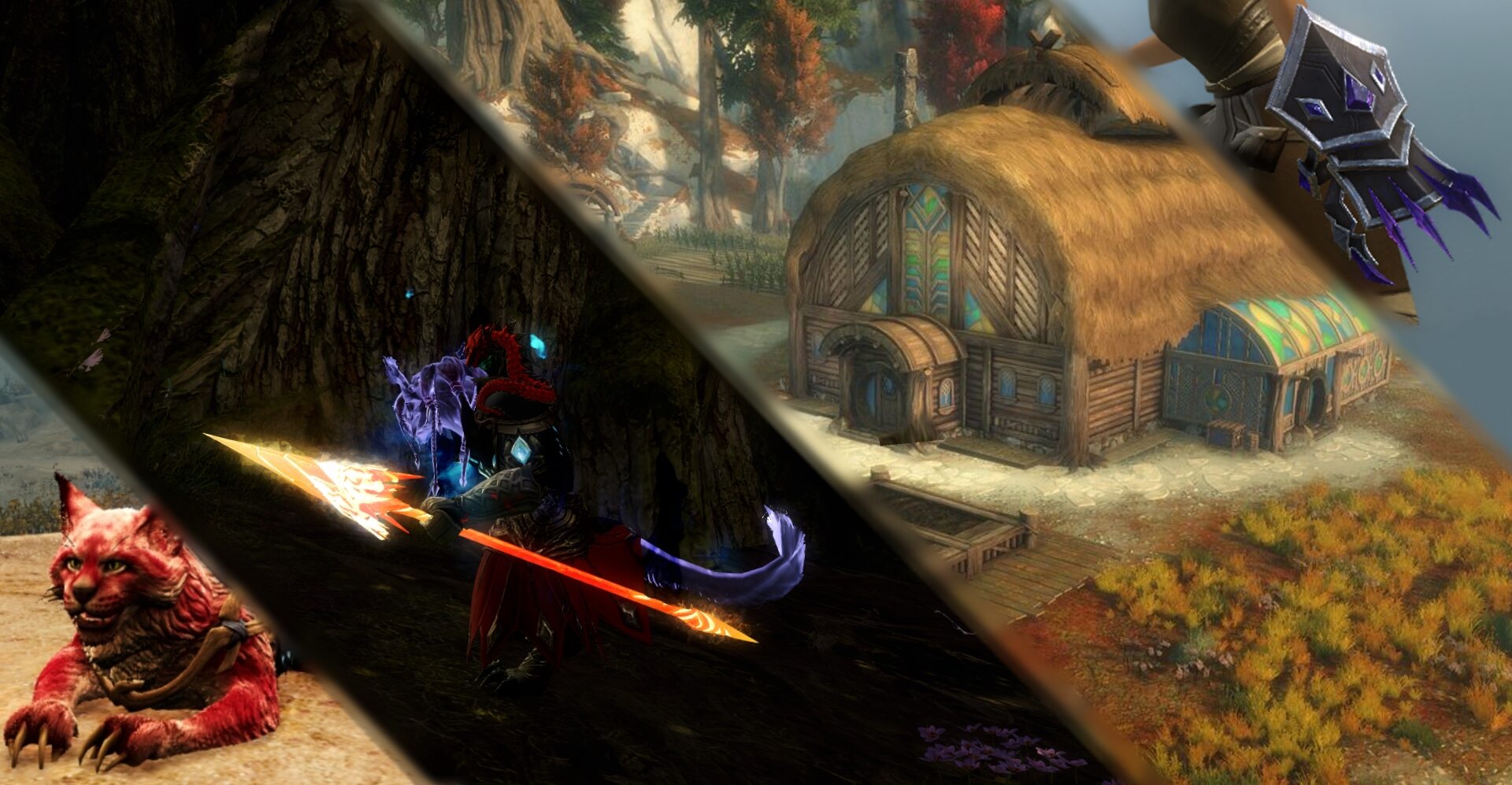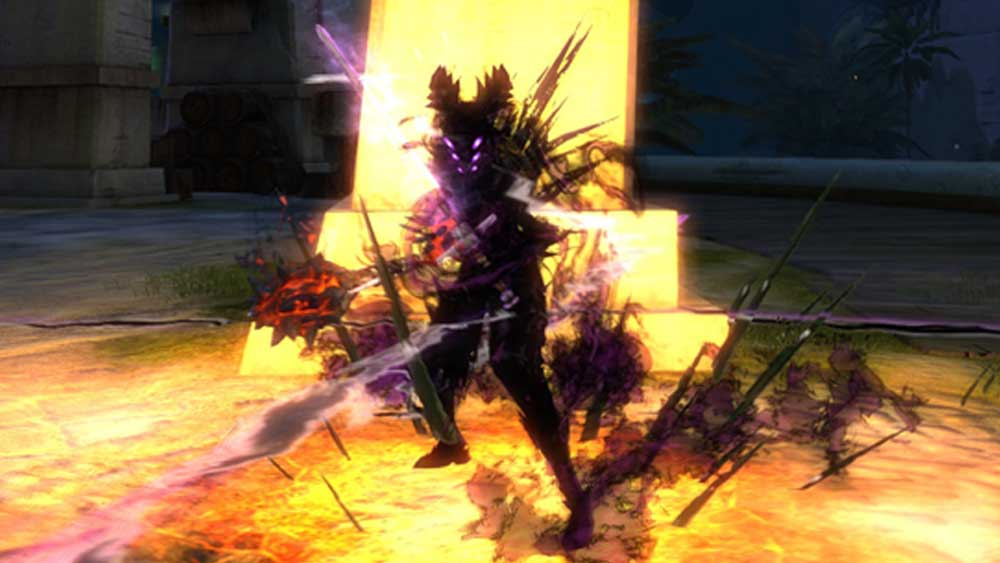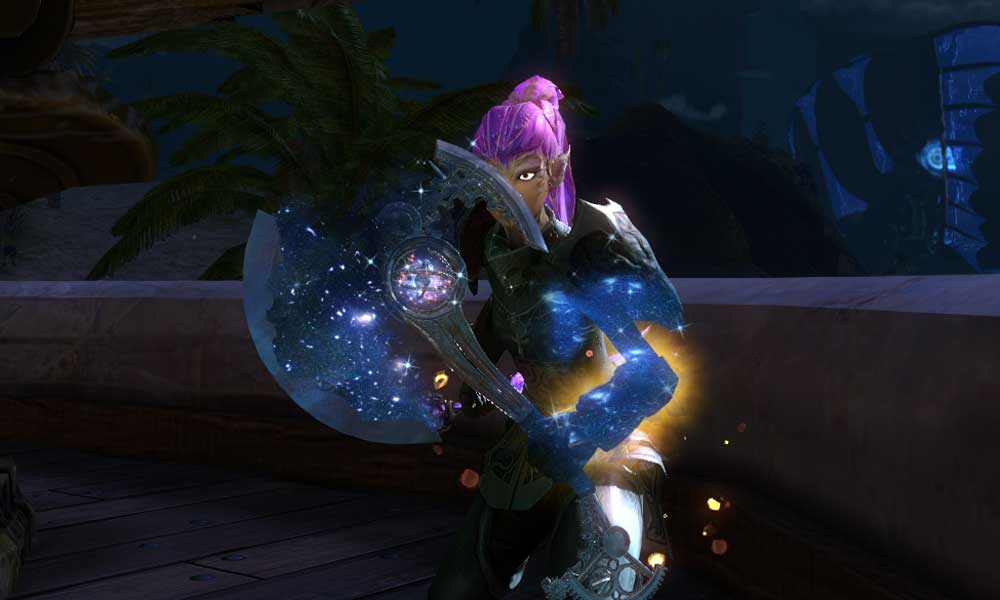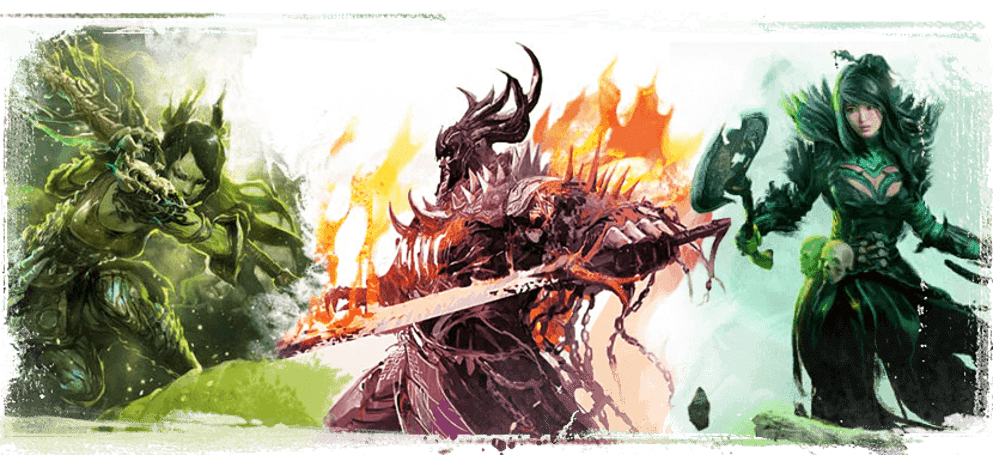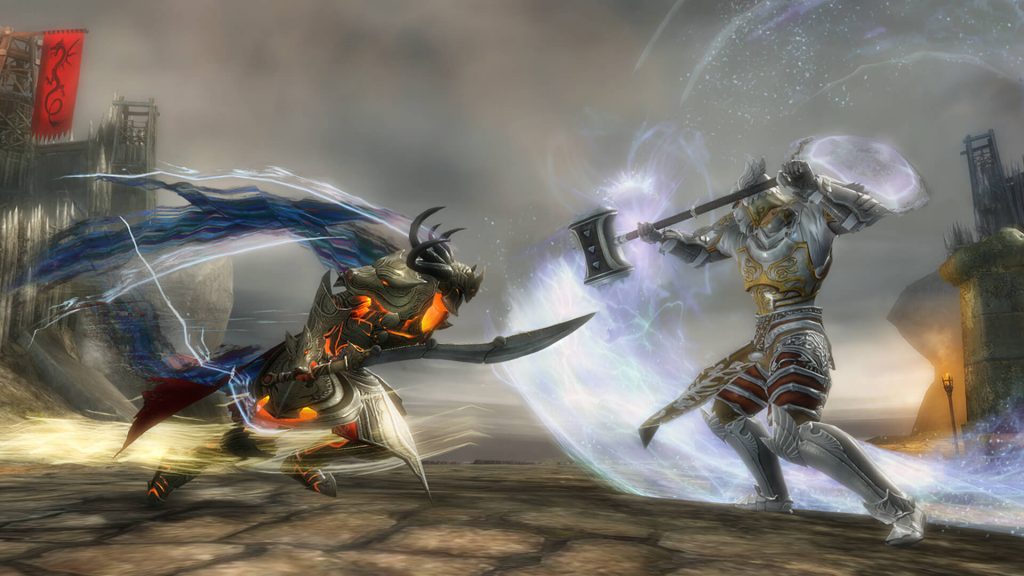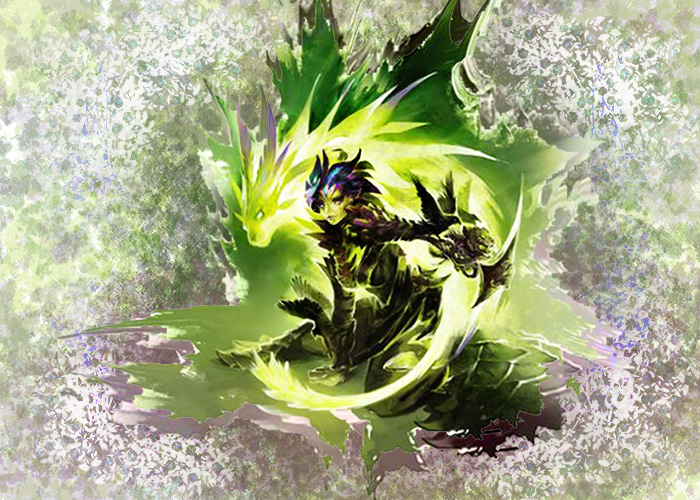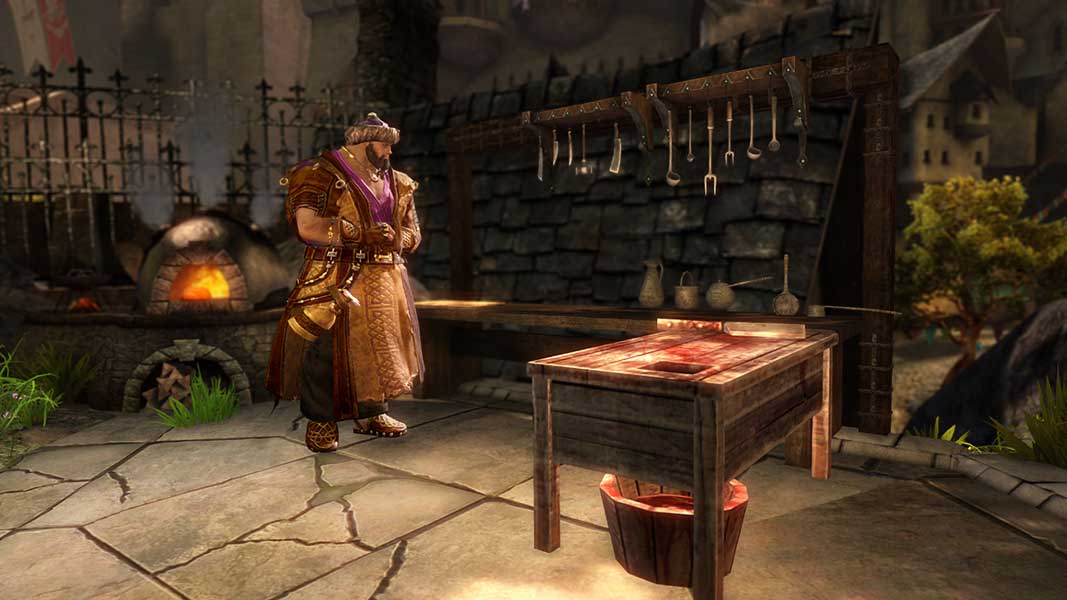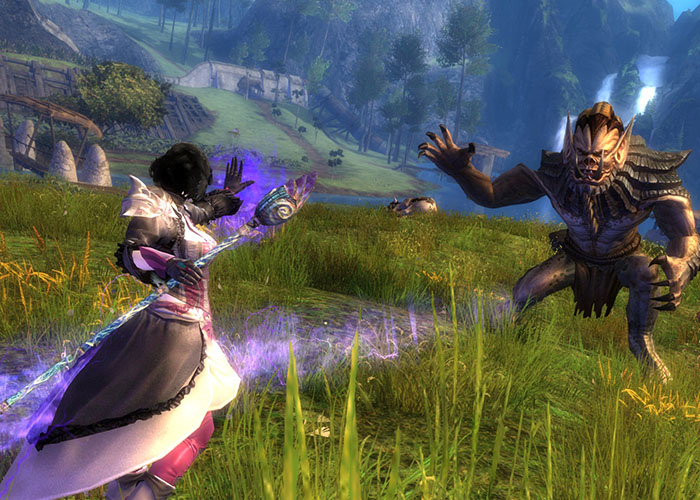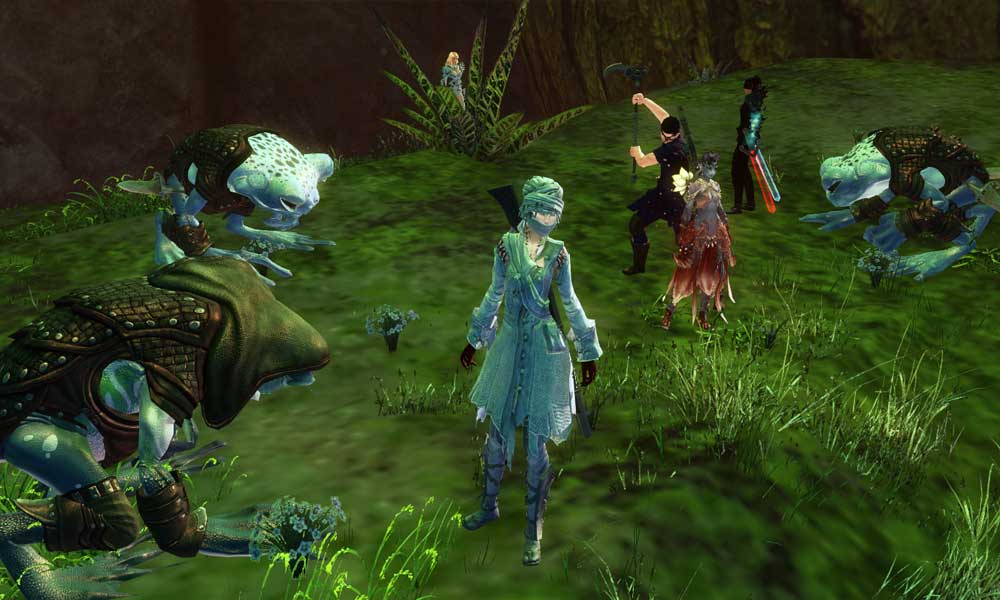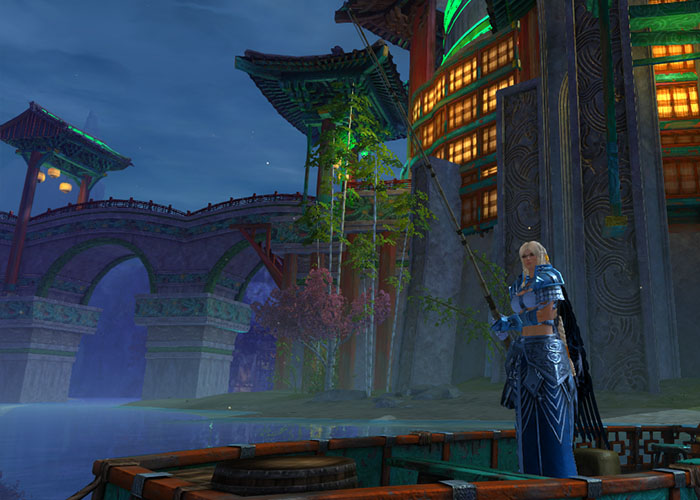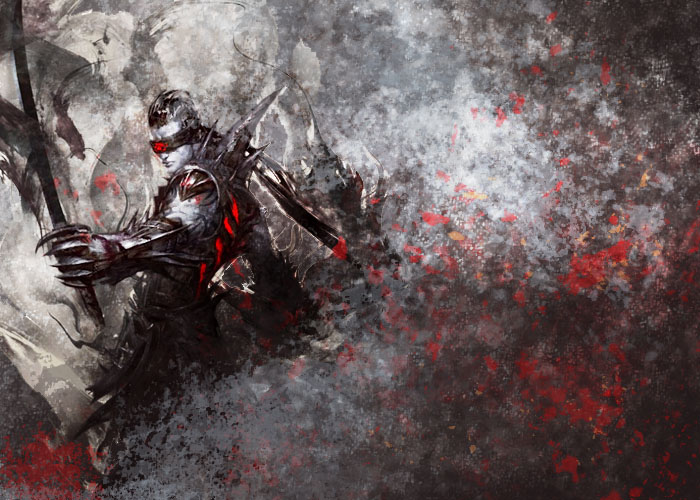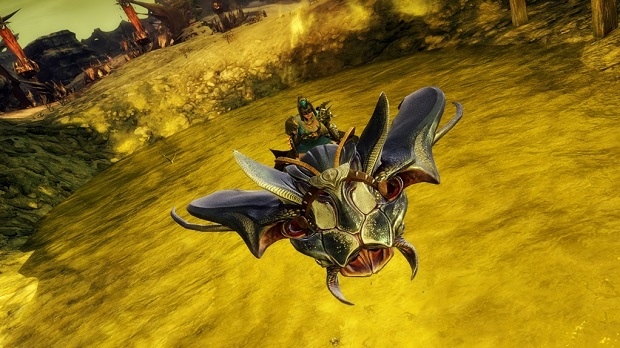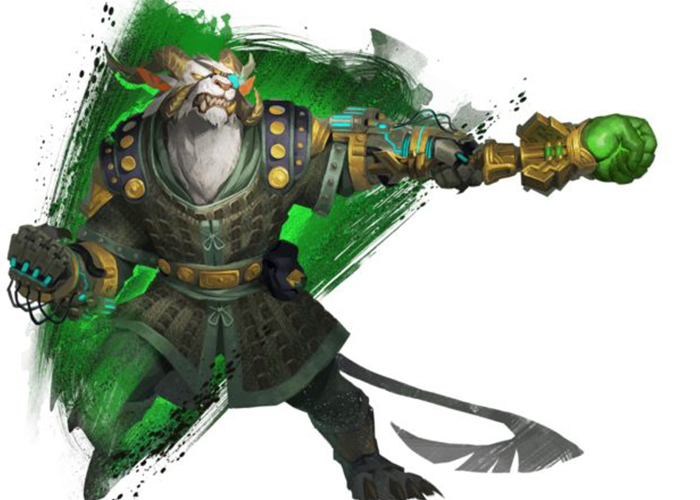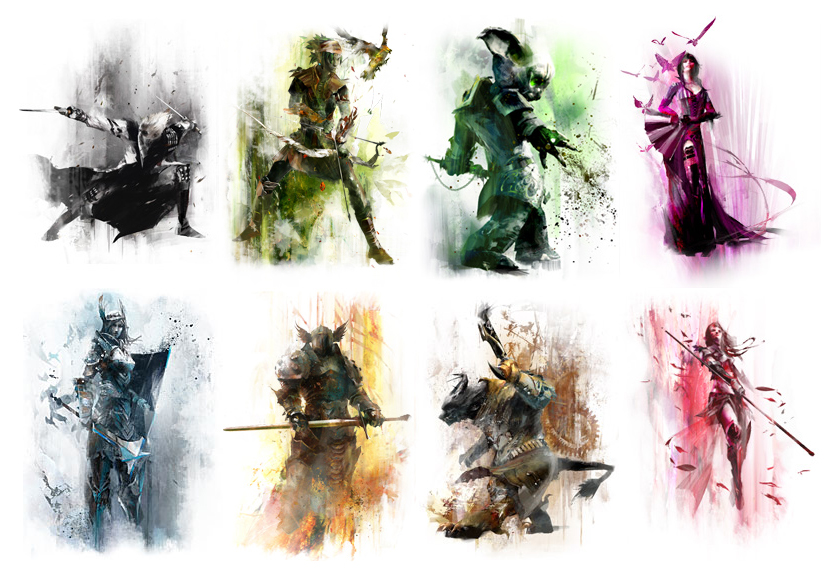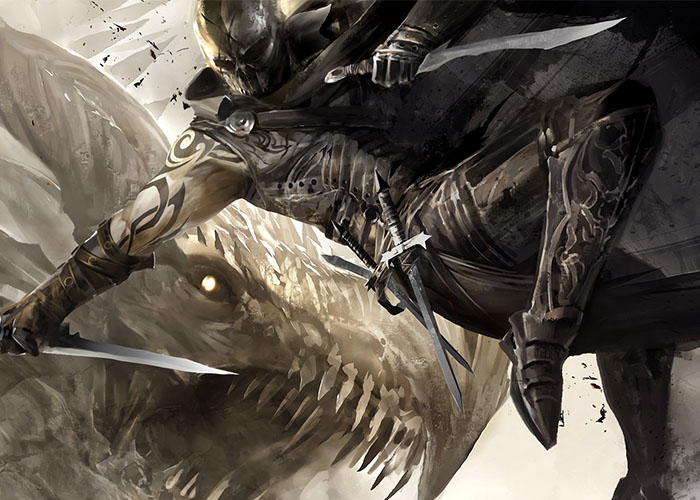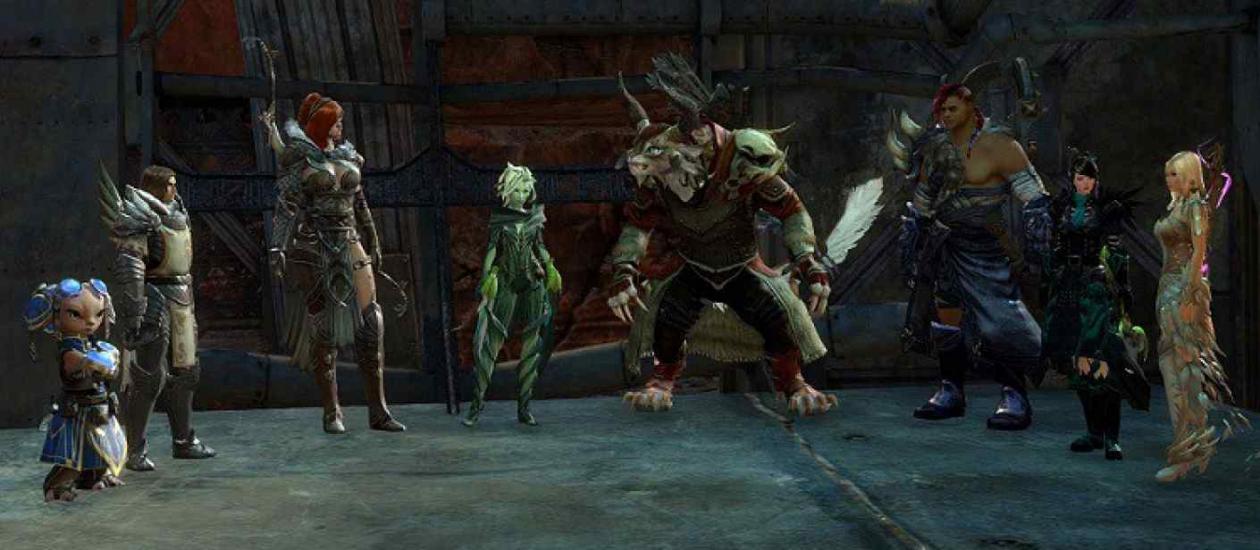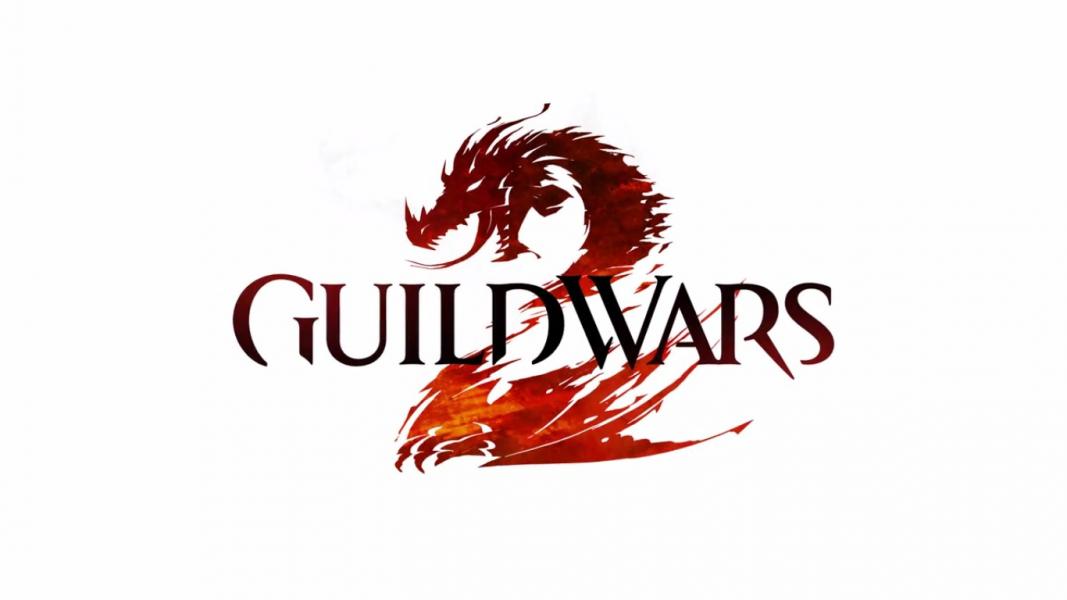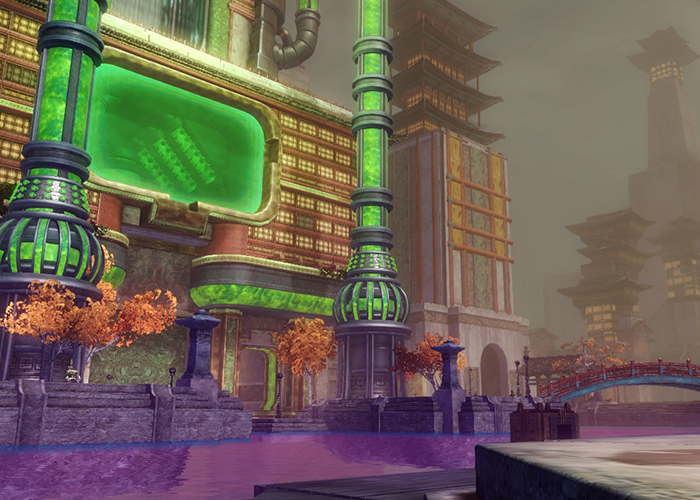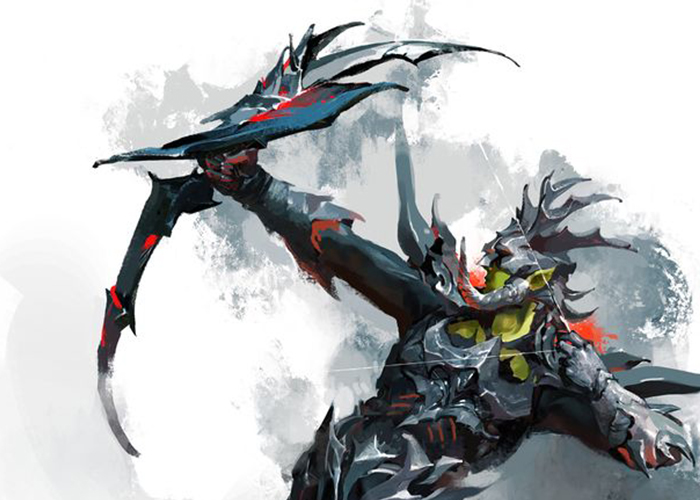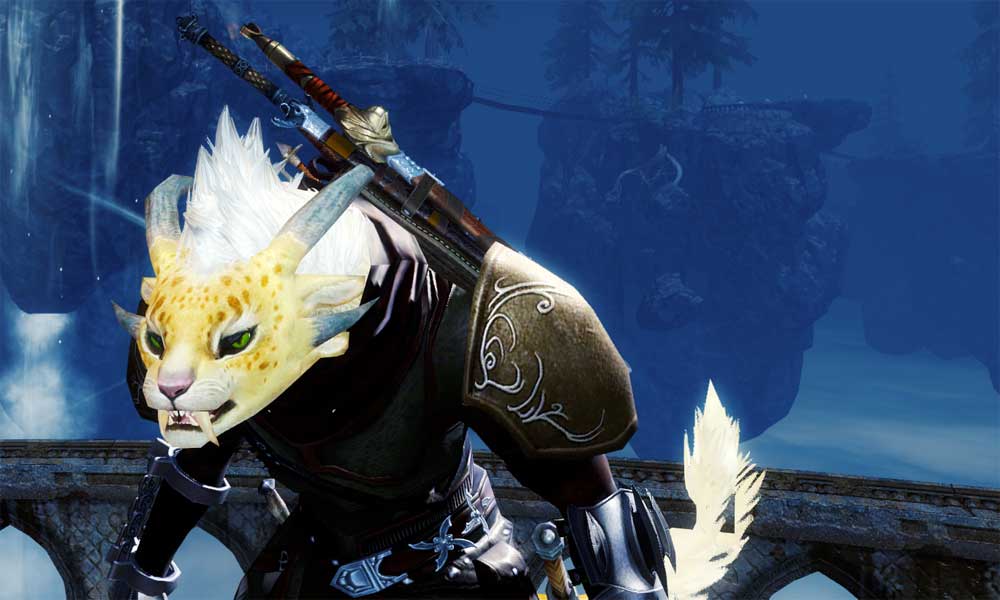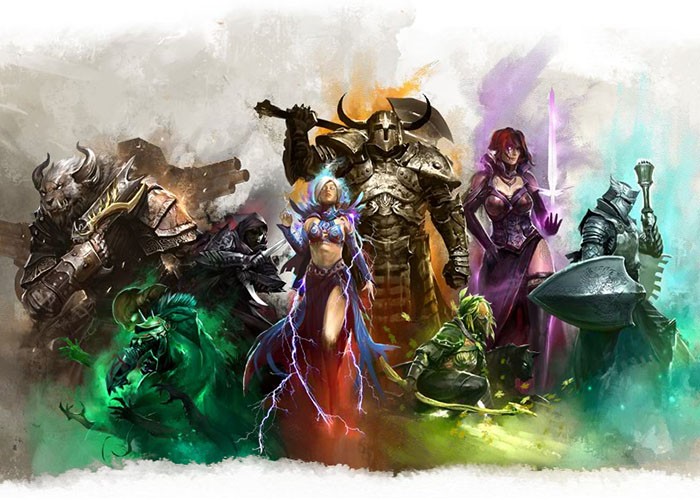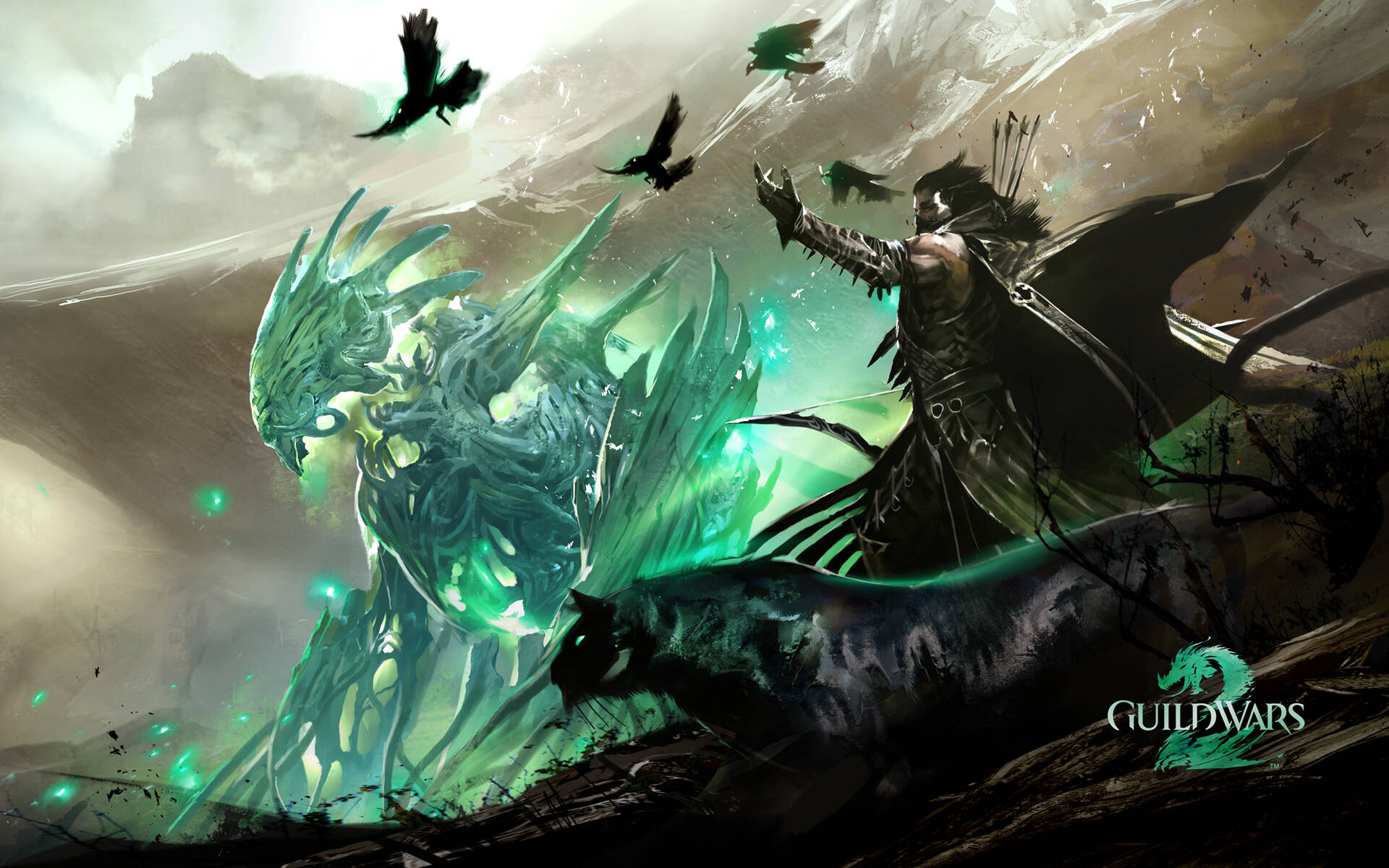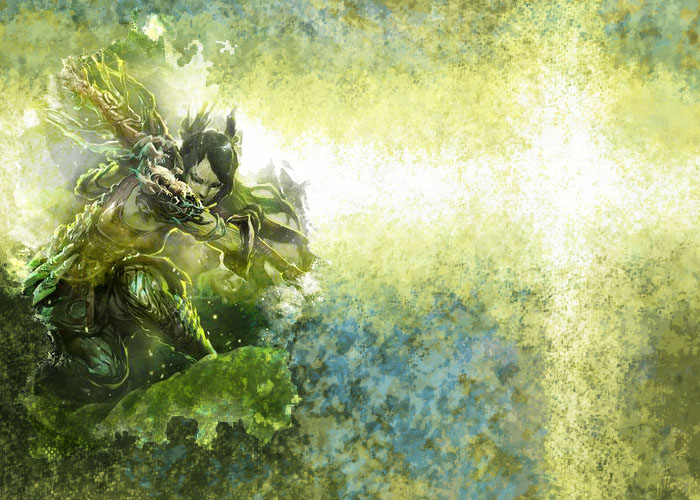
During a recent shareholder meeting, an executive at NCSoft, the publisher of the popular MMORPG Guild Wars 2, casually revealed that the next installment in the series, ‘Guild Wars 3’, is in development. After the contents of the meeting were translated into English by Reddit user u/Sydius (whose account has since been deleted), the community has been abuzz with rumors and speculation regarding the upcoming title.
Is the claim true, or is it empty corpo-speak? If Guild Wars 3 is on its way, what will happen to Guild Wars 2? And when can we expect more formal news regarding the upcoming title? Let’s cut through the noise and find out the truth.
Is Guild Wars 3 even real?
Rumors of Guild Wars 3’s pending development aren’t anything new. Astute fans know that ArenaNet has been developing a yet-unannounced MMORPG "for an established online fantasy IP" for a couple years now, which some have believed to be Guild Wars 3 since we first learned of its existence. Even before that, some players have been declaring Guild Wars 2 a “dead game” and awaiting its sequel since as far back as the release of the “Path of Fire” expansion in 2017.
The most recent news stems from an NCSoft shareholder meeting. As reported by the Korean outlet Inven, co-CEO of NCSoft, Park Byung-moo, confirmed that Guild Wars 3 was in development. Is it the unannounced project ArenaNet’s had on the backburner? According to ArenaNet themselves, not necessarily.
In reply to a request by MMORPG.com, ArenaNet had the following to say regarding Guild Wars 3: "As an active game studio we are always doing internal exploratory work for possible future titles we’d want to create, however we have nothing to confirm right now. The team’s focus is on Guild Wars 2 development, including the game’s next expansion, which we’re excited to talk about soon."
It’s fully possible that the sudden reveal of Guild Wars 3 was a mistake, and ArenaNet’s statement is an attempt to quell discussion around it; it’s also possible that ArenaNet (or at least the core team working on Guild Wars 2) is uninvolved in the sequel’s development. The statement is deliberately vague, and we likely won’t know more for some time.
When is Guild Wars 3 releasing?
TL;DR: we don’t know. Neither ArenaNet nor NCSoft have released any form of roadmap or official news, much less a release date. Based on what little information is available, it seems that Guild Wars 3 is most likely in preliminary review stages and isn’t actually in active development. It’s also completely possible that the project could be shut down before we see any more of it.
Online estimates place the average development time of an MMORPG at anywhere from 2-8 years depending on the complexity. Given Guild Wars 3 would be coming off the heels of one of the most successful games in the genre, it would almost certainly need to be in the higher end of development time. This would—assuming it were to begin active development this year, which isn’t guaranteed—put its release around 2028-2032.
With the potential game so far off, it’s best not to make a huge deal out of it just yet. Some fans have been lamenting the impending fate of Guild Wars 2 in the wake of the news, but it’ll be quite a few years before anything of note changes. That said, what will happen to Guild Wars 2 if/when its sequel finally releases?
What will happen to Guild Wars 2?
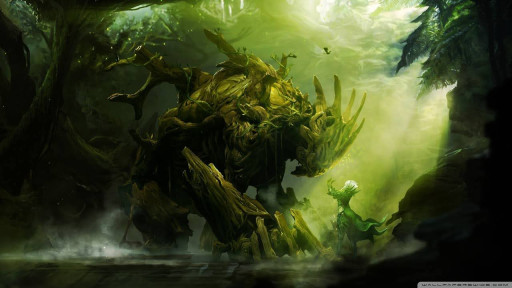
Many fans are worried that the release of Guild Wars 3 would directly kill or severely hamper Guild Wars 2. Given its focus on open-world events that require the participation of many unorganized players, a sudden cut in its playerbase due to the release of a new game could be catastrophic, rendering much of the game’s content nearly unplayable.
There are several factors to consider in determining the impact the new game could have. It's also possible the new game could fail without having a long-term impact on its predecessor, as has been the case for several in the past.
Why do MMORPG sequels fail?
MMORPG sequels are quite infamous for rarely panning out—just look at the likes of MapleStory 2 or Everquest 2 for a couple examples. Even some sequels which performed well, such as Runescape, are still significantly outperformed by the originals (OSRS, in this case).
There are various reasons why MMORPG sequels tend to fail, but one of the biggest is time investment. If you’ve already put hundreds or even thousands of hours into a game, why would you want to play a new version of it where you have to start over from square one—and for what, a new engine and some graphical updates?
In contrast to most MMO sequels, Guild Wars 2 was immensely successful—not only that, but the original Guild Wars also continued to have a surprisingly active playerbase. What’s different about this franchise that’s allowed both games to coexist so far—and could the same be done for the third installment?
What has the Guild Wars franchise done differently?
First, one of the main reasons Guild Wars 2 was able to find success in the wake of the original Guild Wars is that it is a fundamentally different game than the original. Guild Wars is a linear, vertically-progressed game where the vast majority of the gameplay takes place in instances; Guild Wars 2 is a horizontally-progressed game with immense player freedom and a focus on open-world exploration.
MMORPG sequels tend to fail because they force players to start over just for more of the same. When pushed to allocate their time between two games with nearly identical gameplay, many will choose the game they’ve already put time into. Since Guild Wars 2 is such a different game from the original, players have a valid reason to spend time on both games—they offer completely different gameplay experiences.
The second thing acting in the franchise’s favor is the Hall of Monuments. The Hall of Monuments is an area in the original Guild Wars used to show off and commemorate a player’s achievements; it is also the name of a series of achievements in Guild Wars 2 that provide unique rewards to players of the original game. Anyone who connects both games to their ArenaNet account can take advantage of the system to earn the unique rewards.
The Hall gives players who discovered the franchise through Guild Wars 2 a reason to go back and give the original game a try. It also provides veterans who played the original a tangible benefit in the sequel, helping to quell the feeling that their time investment was wasted as they move to the new game.
So, what will happen?
Let’s start with the worst-case scenario: Guild Wars 2 completely shuts down. ArenaNet have stated in the past that one of the main reasons they keep the original Guild Wars running is that it costs them very little. The game is no longer actively updated, but they keep the servers running and perform basic maintenance for the sake of its dedicated players.
In contrast, Guild Wars 2 is a very large game and would certainly cost a lot more to maintain. Should Guild Wars 3 be successful and outperform its predecessor, its possible that it could become unprofitable or simply too logistically taxing to keep it running.
What about the best possible scenario? If the next installment in the franchise follows the same formula as the previous two, it’s possible the games could all coexist. For this to work, ArenaNet would need to design Guild Wars 3 as a fundamentally different type of MMO than Guild Wars 2—and, ideally, different than Guild Wars as well. This could potentially lead to a slow launch if fans of Guild Wars 2 are unsatisfied with the game being in a significantly different style; but, given the reasons above, it could be in the best interest of both games in the long run.
Guild Wars 3 could also implement a system similar to the Hall of Monuments in order to reward Guild Wars 2 players for their time. This might be less effective for fans of the second installment than it was for veterans of the first, however—compared to the vertically-progressed Guild Wars, its sequel relies much more on skins and collectibles as the tangible rewards for various content, and achievements are a bigger part of endgame. That is to say, the individual rewards themselves are more important in Guild Wars 2, and there are a lot more of them; a few bonus rewards in Guild Wars 3 might not cut it.
Assuming a successful launch where both games continue to be successful, what would be the impact on Guild Wars 2? The biggest issue would be a drop in player population. With such a large focus on open-world events, the game would start to feel much emptier and it would become significantly harder to complete various meta-events as players leave to spend their time in Guild Wars 3 instead. Content beyond the open world, such as Raids, WvW, or sPvP, might also see a significant drop in players, resulting in various issues—in fact, the current state of sPvP gives us some ideas as to the issues a low player population can cause.
While it could be possible for ArenaNet to adjust the difficulty of certain events to make up for the lack of players, there’s only so much they could do, and it would mark a major shift in the game's general gameplay and design. Even in the best-case, Guild Wars 2 would likely suffer significant scars if forced to split its playerbase with a new installment.
Conclusion
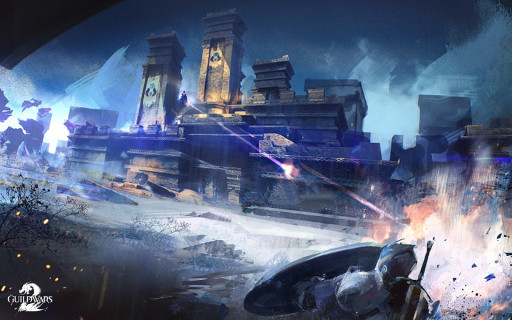
The reveal of Guild Wars 3 was ultimately just an offhand mention at a shareholder meeting, not an official announcement. ArenaNet has expressed clear intent to continue working on Guild Wars 2, with multiple expansions already in the pipeline; it’s unlikely Guild Wars 3 will enter development soon, and even once it does it’ll take several years before it releases.
If and when the third installment in the Guild Wars franchise does release, it will likely have a negative impact on Guild Wars 2. There are things the developers could do to minimize the impact, but even in the best-case scenario, Guild Wars 2 is likely to suffer a significant loss in playerbase. That said, for now it merely provides all the more reason to enjoy the game as it is today.

